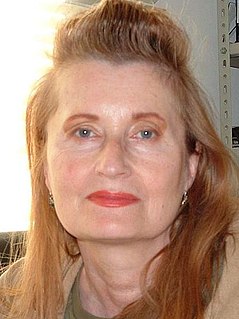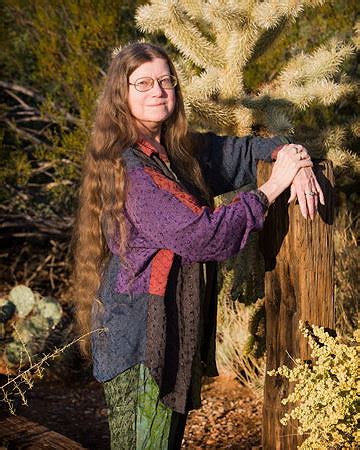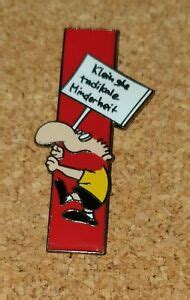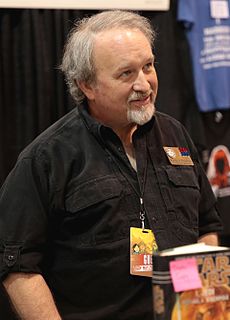A Quote by Lee Child
Male authors always take care to make their heroes at least one inch taller than they are, and considerably more muscular. Just as female authors give their heroines better hair and slimmer thighs.
Related Quotes
the way in which a faith community shapes language about God implicity represents what it takes to be the highest good, the profoundest truth, the most appealing beauty. ... While officially it is rightly and consistently said that God is spirit and so beyond identification with either male or female sex, yet the daily language of preaching, worship, catechesis, and instruction conveys a different message: God is male, or at least more like a man than a woman, or at least more fittingly addressed as male than as female.
Living authors, therefore, are usually, bad companions. If they have not gained character, they seek to do so by methods often ridiculous, always disgusting; and if they have established a character, they are silent for fear of losing by their tongue what they have acquired by their pen--for many authors converse much more foolishly than Goldsmith, who have never written half so well.
Schoolchildren all over America are told to write to authors-often to authors whom they have never before heard of, whose work they are to young to understand in the least, and often in letters which are almost illiterate. If children are to be taught to respect the work of American poets I think some better way might be found to do so- some way which would not make such an inconsiderate demand on the author's time.
If the rewards to authors go down, simple economics says there will be fewer authors. It's not that people won't burn with the passion to write. The number of people wanting to be novelists is probably not going to decline - but certainly the number of people who are going to be able to make a living as authors is going to dramatically decrease.




































